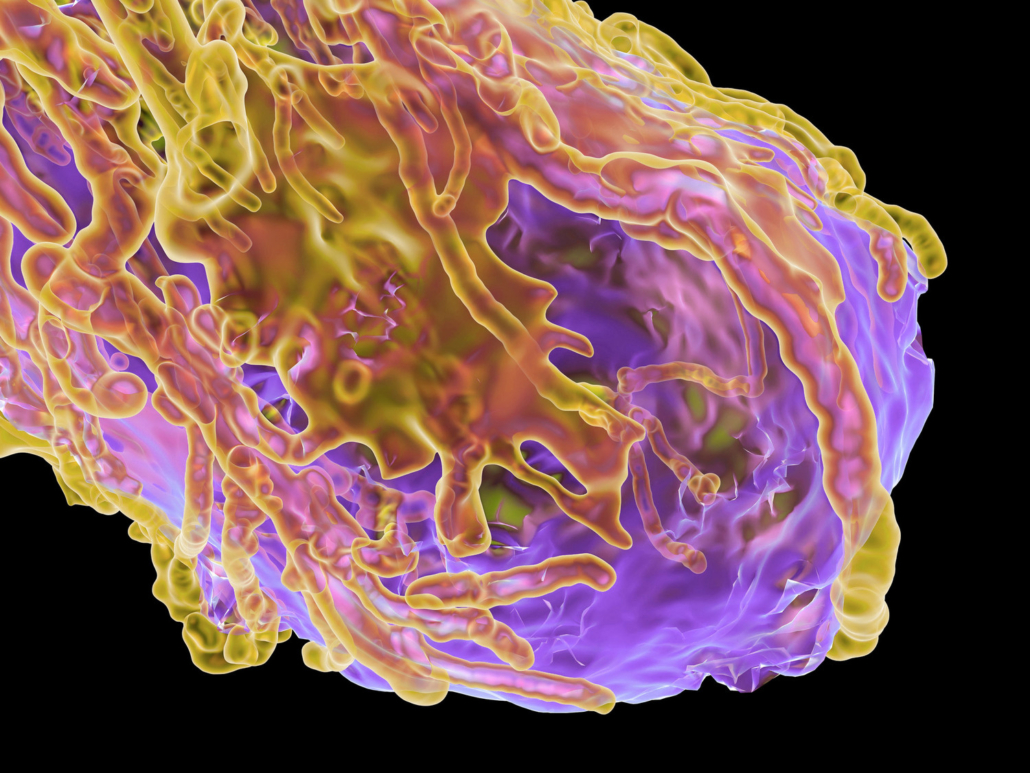
Bicycle raises £40m
Cambridge-based cancer company Bicycle Therapeutics has raised £40m to advance its clinical pipeline of peptide-based conjugates with antibody-like binding properties.
The Series B financing round was led by the Vertex Ventures and co-funded by Longwood Fund and Cambridge Innovation Capital, and the existing investors Novartis Venture Fund, SR One, Atlas Venture and SV Life Sciences. Christopher Shen, Managing Director at Vertex Ventures HC, and Michael Anstey, Investment Director at CIC, from the new investors became members of the company’s Board of Directors.
The company has developed a class of peptide conjugates that it couples by a disulfide bridge to toxic maytansinoid payloads such as DM1 mimicking the ADC principle. The 1.5-2 kDa-peptide moiety of the "bicycle" -drug conjugate have shown similar affinity and specificity as antibodies but the bicycle-drug conjugate is cleared renally, has "tuneable half-life", and shows better tissue penetration due to its small size.
Fibrosarcoma, gastric cancer and triple-negative breast cancer mouse xenograft models showed complete regression following administration of a 10 mg/kg dose on a twice weekly schedule of the company’s lead candidate BT1718 (N241) for two weeks. According to Bicycle Therapeutics, BT1718 will enter safety testing this year in collaboration with Cancer Research UK’s Centre for Drug Development (CDD), which will sponsor Phase Ia and Ib studies and is eligible for undisclosed milestones and royalties. Additionally, the company plans to select another development candidate against solid tumours later this year.
BT1718 targets Membrane Type 1 Matrix Metalloproteinase (MT1- MTP), a protein involved in tissue remodeling but highly expressed in solid tumours, including triple negative breast cancer and non- small cell lung cancer.
According to the company, Bicycles are bicyclic peptides, typically between 9 and 15 amino acids in size, which show sub-nanomolar affinity against diverse targets and target classes including enzymes, proteases, receptors, GPCRs, surface ligands and secreted proteins. Bicycles have been defined as small molecules by the regulatory authorities, are chemically synthesised and highly soluble, providing manufacturing and formulation flexibility.



 adobe.stock.com - ipopba
adobe.stock.com - ipopba BioDlink
BioDlink